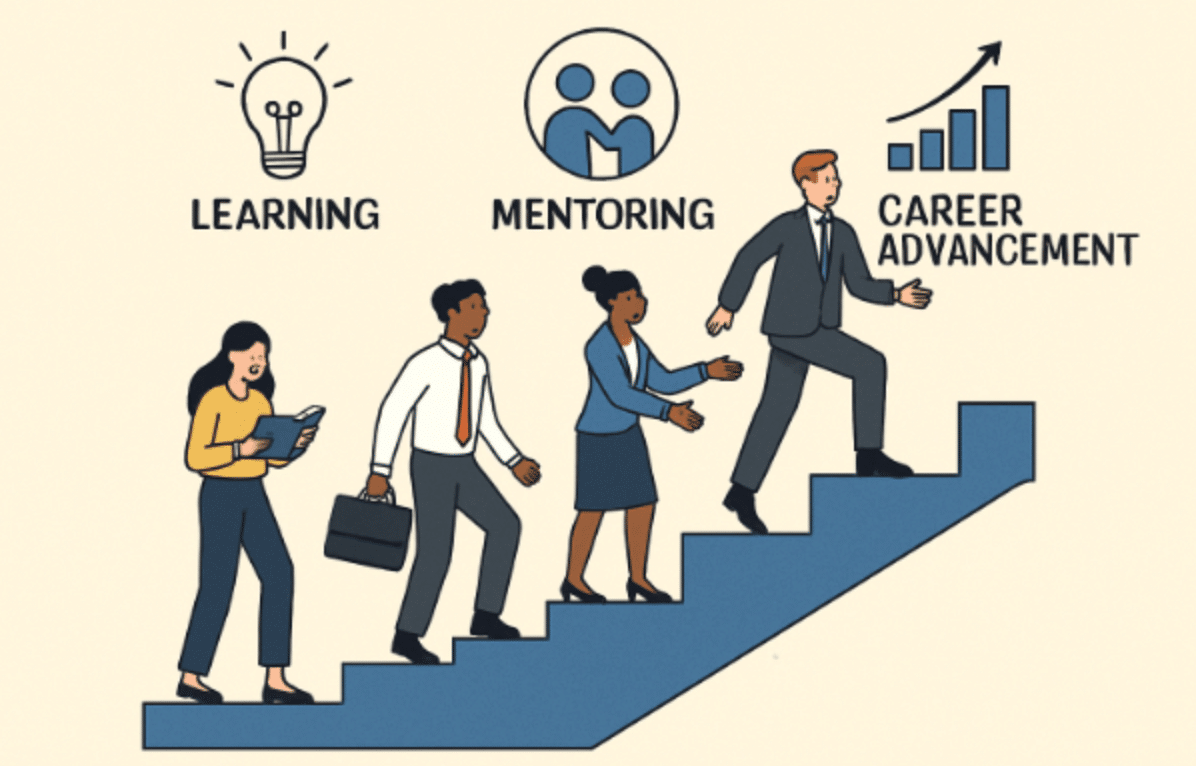Table of Contents
- Embracing Remote and Hybrid Work Models
- Prioritizing Skills-Based Hiring
- Investing in Employee Development and Internal Mobility
- Enhancing Employee Value Proposition (EVP)
- Leveraging Artificial Intelligence in Recruitment
- Fostering a Culture of Recognition and Well-being
- Committing to Diversity, Equity, and Inclusion (DEI)
- Conclusion
Competing for the brightest and most capable professionals has become a cornerstone for company growth in 2025. As organizations refine their strategies to attract high-value candidates and acquire top talent, the talent acquisition landscape continues to evolve. The modern workforce expects flexibility, skill recognition, and values-driven employment, forcing companies to rethink traditional recruitment and retention models.
With technological advances and shifting employee priorities, employers must go beyond conventional tactics to stand out. From new workplace models to enriched benefit packages and a heightened focus on inclusion, companies are actively crafting environments where top talent can thrive. These rapid changes mean that organizations not only need to offer attractive packages but also foster a culture where employees feel supported, recognized, and motivated to develop.
Embracing this new era of acquisition talent also brings a renewed emphasis on hiring for ability and potential, opening doors for a wider range of candidates. Equally, technology is reshaping recruitment, with artificial intelligence ensuring processes are faster and more engaging. When implemented effectively, these efforts can establish a brand as an employer of choice in a tight job market.
Organizations that modernize their approach gain access to broader talent pools and rank highly in job-seeker preferences. Developing strong internal advancement programs, reimagining employee value propositions, and integrating DEI at every level are setting new standards in the market. These innovative strategies help organizations not just attract, but also retain, the talent that will drive their future success.
Embracing Remote and Hybrid Work Models
The demand for remote and hybrid work environments has fundamentally changed how companies operate and recruit. Flexibility is now a non-negotiable for many employees. Businesses that remove geographical barriers are not only attracting a wealth of talent but are also benefiting from increased employee satisfaction and productivity. According to a Forbes workplace trends report, job seekers actively prioritize flexibility, making it critical for companies to offer remote or hybrid options as standard practice.
Prioritizing Skills-Based Hiring
Shifting focus from credentials to capabilities, organizations are prioritizing skills-based hiring practices. Rather than evaluating candidates solely on past job titles or degrees, employers assess technical skills, problem-solving abilities, and cultural fit. This approach enhances access to untapped talent pools, fostering diversity and inclusion while yielding improved hiring outcomes. LinkedIn’s Global Talent Trends report highlights that businesses adopting skills-first frameworks are experiencing improved quality of hire and broader candidate reach.
Investing in Employee Development and Internal Mobility
Successful companies recognize the importance of nurturing their existing workforce. Structured learning programs, mentorship initiatives, and clear pathways for internal mobility enable employees to build their careers without seeking opportunities elsewhere. According to research published by the Harvard Business Review, organizations that invest in upskilling and reskilling reduce turnover, boost morale, and incur significant savings in recruitment costs.
Enhancing Employee Value Proposition (EVP)
A competitive employee value proposition reflects more than pay—it includes well-being initiatives, flexible benefits, and a positive, inclusive culture. Data suggests that an attractive EVP enhances recruitment efforts and increases loyalty. Benefits such as paid mental health days, support for parents and caregivers, and tailored insurance options are becoming baseline expectations. As candidates now prioritize organizational values, companies must continuously evolve their EVP to remain competitive.
Leveraging Artificial Intelligence in Recruitment
AI tools are transforming recruitment by automating time-consuming tasks, refining candidate screening, and providing actionable insights to hiring teams. Recruiters can now efficiently match candidates to roles, improve communication, and eliminate bias from hiring decisions. According to a report from CNBC, nine out of ten HR leaders plan to increase AI adoption to enhance the candidate experience and hiring outcomes.
Fostering a Culture of Recognition and Well-being
Recognition and well-being are key drivers of retention and engagement. Whether through monetary rewards, career recognition, or wellness programs, employees want to feel valued and supported. Organizations are adopting continuous feedback and recognition systems to ensure that achievements are noticed and celebrated in real-time. By nurturing a sense of belonging and care, companies see measurable improvements in performance and loyalty.
Committing to Diversity, Equity, and Inclusion (DEI)
Top talent increasingly scrutinizes a company’s stance on diversity, equity, and inclusion. DEI is no longer a compliance exercise, but an essential part of business strategy and culture. Comprehensive DEI policies foster environments where all employees can thrive, leading to increased overall engagement and innovation. Global companies are investing in transparency, accountability, and education to ensure that DEI principles permeate every level of their organization. Initiatives such as diverse hiring panels and resource groups for underrepresented employees are becoming increasingly commonplace, thereby increasing an organization’s attractiveness to a wider range of talent.
Conclusion
To attract and retain the best professionals, companies must continually adapt to the evolving needs of a modern workforce. Emphasizing remote flexibility, championing skills-first hiring, offering robust career development, creating compelling EVPs, leveraging technology, celebrating employee contributions, and demonstrating DEI commitment are now the hallmarks of leading employers. These strategies collectively foster workplaces where talent can grow and organizations can excel, ensuring long-term competitive advantage in an ever-evolving talent landscape.





